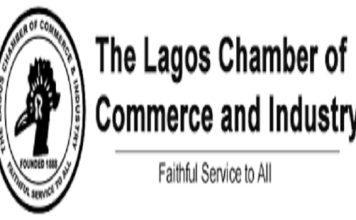The Lagos Chamber of Commerce and Industry (LCCI) has called on the Federal Inland Revenue Service to boost its technology adoption to enhance its operations.
Gabriel Idahosa, the LCCI President, made this known during the FIRS Special Day at the Lagos International Trade Fair themed ‘Connecting Businesses, Creating Value’, saying targeted outreach, especially within the informal sector, could foster a culture of compliance.
Idahosa stated that collaborating with trade associations could help educate these segments effectively.
He recommended that investing in analytics and AI would enable FIRS to predict revenue patterns and enforce targeted compliance measures, further improving tax collection efficiency.
“Training FIRS’s workforce in global tax practices would ensure the agency remains agile in an evolving economic landscape. Fully digitalising FIRS operations, as seen in Rwanda, would improve efficiency, reduce costs, and make tax processes more accessible, and greater cooperation with state tax agencies could create a unified tax system, reducing redundancies and simplifying tax compliance.”
While emphasising the need for an effective tax system, the LCCI President said, “Effective tax governance is an integral component of the ease of doing business concept. As we all know, businesses need the support and cooperation of key regulatory institutions like the Federal Inland Revenue Service to thrive and be competitive.”
Commending the Executive Chairman of FIRS, Dr Zaccheaus Adedeji, and the executive management of FIRS for their commitment to institutional reforms, tax awareness, and leveraging technology to reposition FIRS for the delivery of quality services, Idahosa said FIRS has moved from being a tax collector to a service provider.
He called on FIRS to deploy more technology for its operations as this will make tax payment easier, and more efficient and would lead to more tax compliance in the long run.
He also called on the FIRS to address the lingering issues in the tax system which include complications in tax computations, a rigorous process in tax payment, multiplicity of taxes from multiple revenue collection agencies across the three tiers of government, inadequate knowledge and information about tax regulations, especially on tax issues.
